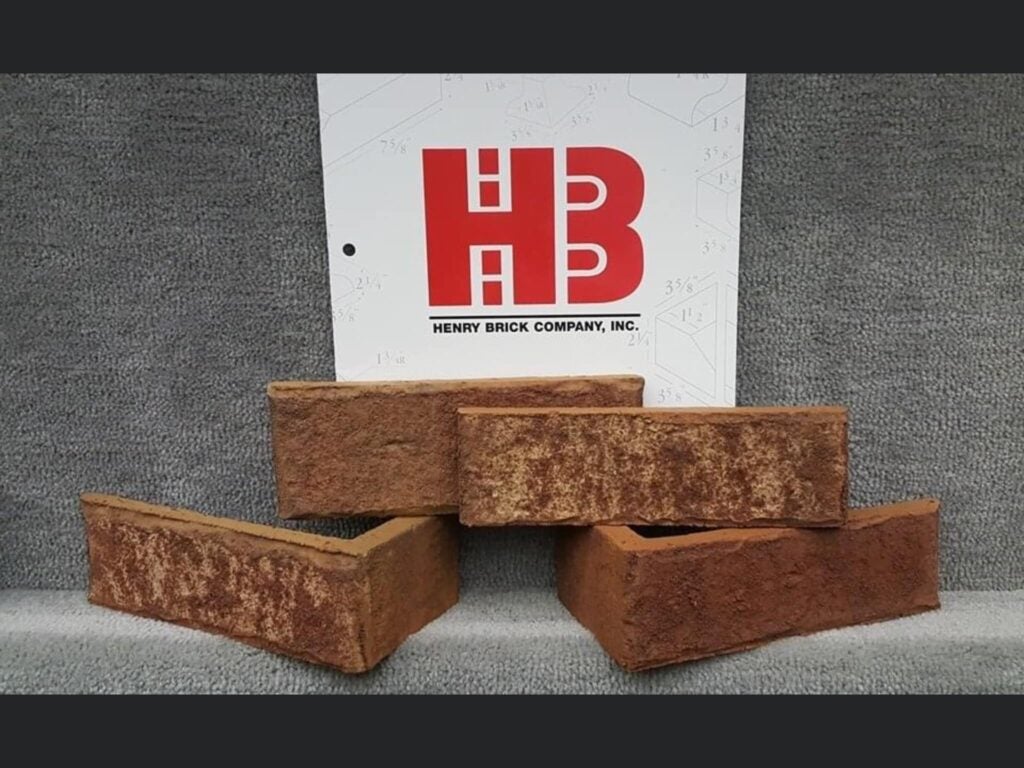Henry Brick faces fines over possible respiratory violations
Published 12:32 pm Monday, March 4, 2024
|
Getting your Trinity Audio player ready...
|
The U.S. Department of Labor (DOL) has determined Henry Brick Co. exposed workers to silica crystalline dust and released investigation findings in a report from the Occupational Safety and Health Administration (OSHA).
During its investigation, the OHSA proposed $124,212 in penalties for the potential violations that could lead to lung cancer, chronic obstructive pulmonary disease and kidney disease among exposed workers..
Henry Brick has 15 business days to comply with mitigation measures, request an informal conference with OSHA or contest the findings.
Henry Brick Vice President Denson Henry said the company has not had a chance to have a conference with OSHA yet but looks forward to doing so soon.
“We have a long track record of providing a safe work environment for our team going back over 75 years and will continue to do so moving forward,” Henry said.
The report indicates OSHA investigators found 11 serious violations for which the administration issued citations to Henry Brick:
- exposing workers to airborne concentrations of crystalline silica dust of up to six-and-a-half times the permissible exposure level;
- failure to evaluate and implement engineering controls and work practices to reduce and maintain employee exposure;
- failure to provide effective training to employees;
- neglecting to offer free medical surveillance;
- requiring employees to wear respirators without first providing training as required;
- neglecting to fit test or provide medical evaluation for workers required to wear respirators; and
- allowed employees to work in areas that required respirators without providing a respiratory protection program that met requirements.
“Crystalline silica can be deadly. Workers who are overexposed to it can contract incurable, progressively disabling and sometimes fatal illnesses. This is why employers must take every precaution to protect employees from this danger,” OSHA Area Office Director Jose Gonzalez said in a statement. “Employers with questions about how to develop respiratory protection programs can contact our trained professionals for assistance.”





